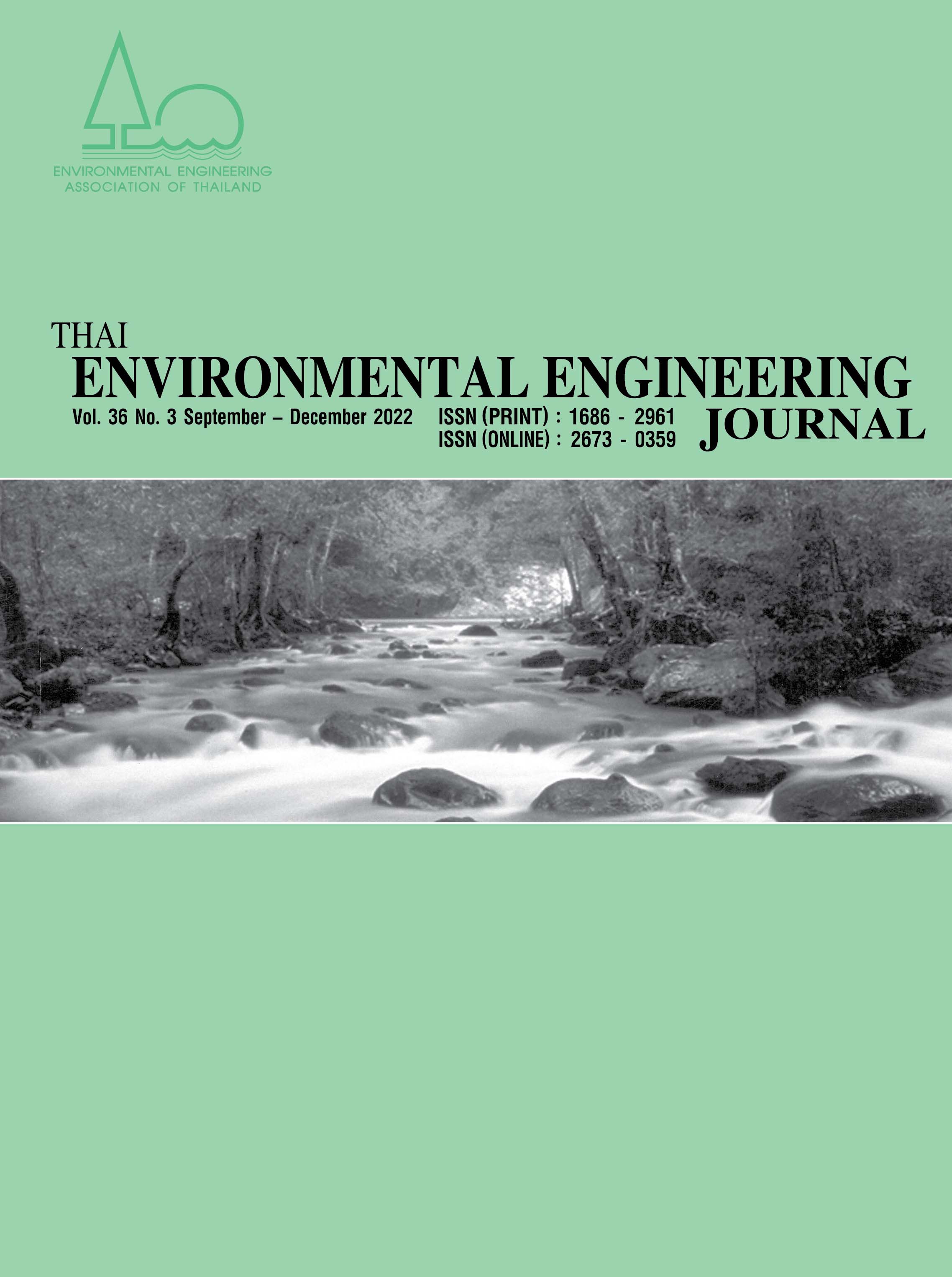Organic Fertilizer Application using Leaf Waste According to Maejo Engineering Method 1
Main Article Content
Abstract
This study aimed to find a solution for leaf waste management in area of Valaya Alongkorn Rajabhat University which has a lot of perennials by applying Maejo Engineering Method 1.
The experimental design of making organic fertilizer from leaf waste consisted of the proportion of leaves in 3 piles. This work used different ratios between leaf waste and cow dung by ratio 3:1, 4:1 and 5:1, respectively. We analyzed the results and checked the quality according to the organic fertilizer standard method using criteria of the Department of Agriculture. The result found that organic fertilizers from leaf waste in different ratios, can be decomposed into high quality organic fertilizer within 60 days. Using mixed cow dung that is 1 to 5% less than the Mae Jo Engineering method 1 can save a lot of cost of cattle. The results of the comparison of the t-test between the organic fertilizers obtained from the three experiments revealed that there was a statistically insignificant difference at the 0.05 level of significant. The results of the analysis of fertilizer quality standards found that the organic fertilizers from leaf waste in this study have been high quality more than the Department of Agriculture's organic fertilizer standards. The ratio between the carbon to nitrogen value is 14.25. This means very good degradation conditions. Furthermore, the organic fertilizers contain heavy metal impurities at a level not exceeding the standard value. The net present value valuation and payback period found that the resulting organic fertilizer has a net present value of 1,130 Baht/unit of production when 400 kg. of leaf waste, 100 kg of cow dung, yielded fertilizer in the study equal to 200 kg. The results of this study can be developed to determine concrete waste management guidelines in the study area and lead to the formulation of waste management policies to meet the needs of the organization towards becoming a green university.
Article Details
References
Thanh, H. T., Yabar, H. and Higano, Y. 2015. Analysis of the environmental benefits of introducing municipal organic waste recovery in Hanoi city, Vietnam. Procedia Environmental Sciences, 28, 185-194.
Sukholthaman, P. and Sharp, A. 2016. A system dynamics model to evaluate effects of source separation of municipal solid waste management: A case of Bangkok, Thailand. Waste Management, 52, 50-61.
Filimonau, V. and Delysia, A. 2019. Food waste management in hospitality operations: A critical review. Tourism management, 71, 234-245.
Iqbal, M. K., Shafiq, T. and Ahmed, K. 2010. Characterization of bulking agents and its effects on physical properties of compost. Bioresource Technology, 101(6), 1913-1919.
Liang, C., Das, K. C. and McClendon, R. W. 2003. The influence of temperature and moisture contents regimes on
the aerobic microbial activity of a biosolids composting blend. Bioresource technology, 86(2): 131-137.
Sundberg, C., Franke-Whittle, I. H., Kauppi, S., Yu, D., Romantschuk, M., Insam, H. and Jönsson, H. 2011. Characterisation of source-separated household waste intended for composting. Bioresource technology, 102(3): 2859-2867.
Mattanaporn Maikami, Phanwipa Pangsri, Watthana Atchariyaphotha, Treeranut Srisunont, Phimnara Nilrit, Narumol Thanananta. 2019. A survey of tree in Valaya Alongkorn university under the royal Pratronage, Pathum Thani. Research and Development, Valaya Alongkorn Journal. 14(2): 1-11.
Teeraphong Sawangpanyangkun. 2558. Non-reversible bulk organic fertilizer production Maejo Engineering Method 1. Chiang Mai : Faculty of Engineering and Agro-Industry, Maejo University.
Putro, G. M. and Prijoto, P. (2021, November). Study of Investment in the Organic Fertilizer Industry to Improve Community Economists. In RSF Conference Series: Engineering and Technology (Vol. 1, No. 1, pp. 652-660).
Standard, T. A. National Bureau of Agricultural Commodity and Food Standards. 2018, Ministry of Agriculture and Cooperatives.


